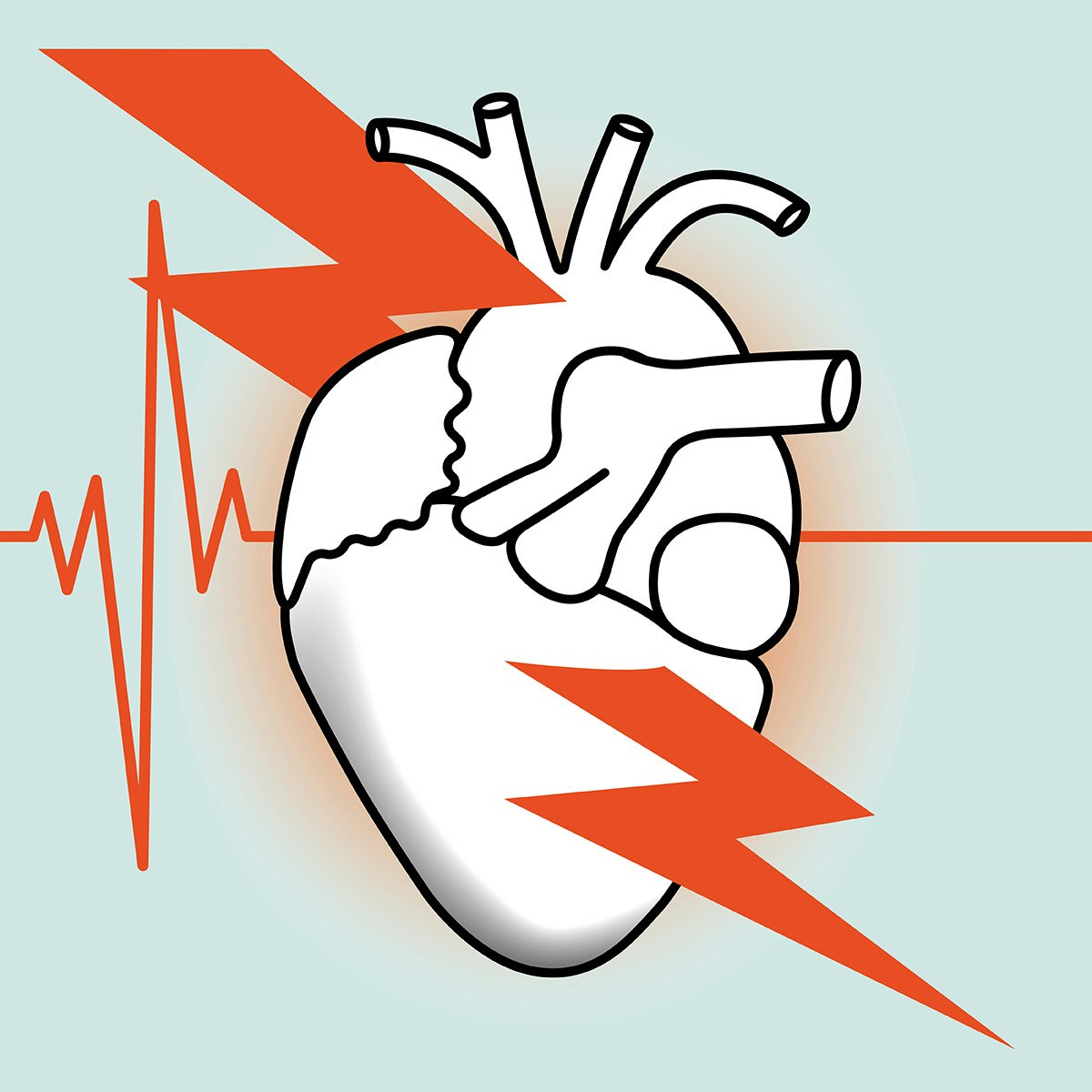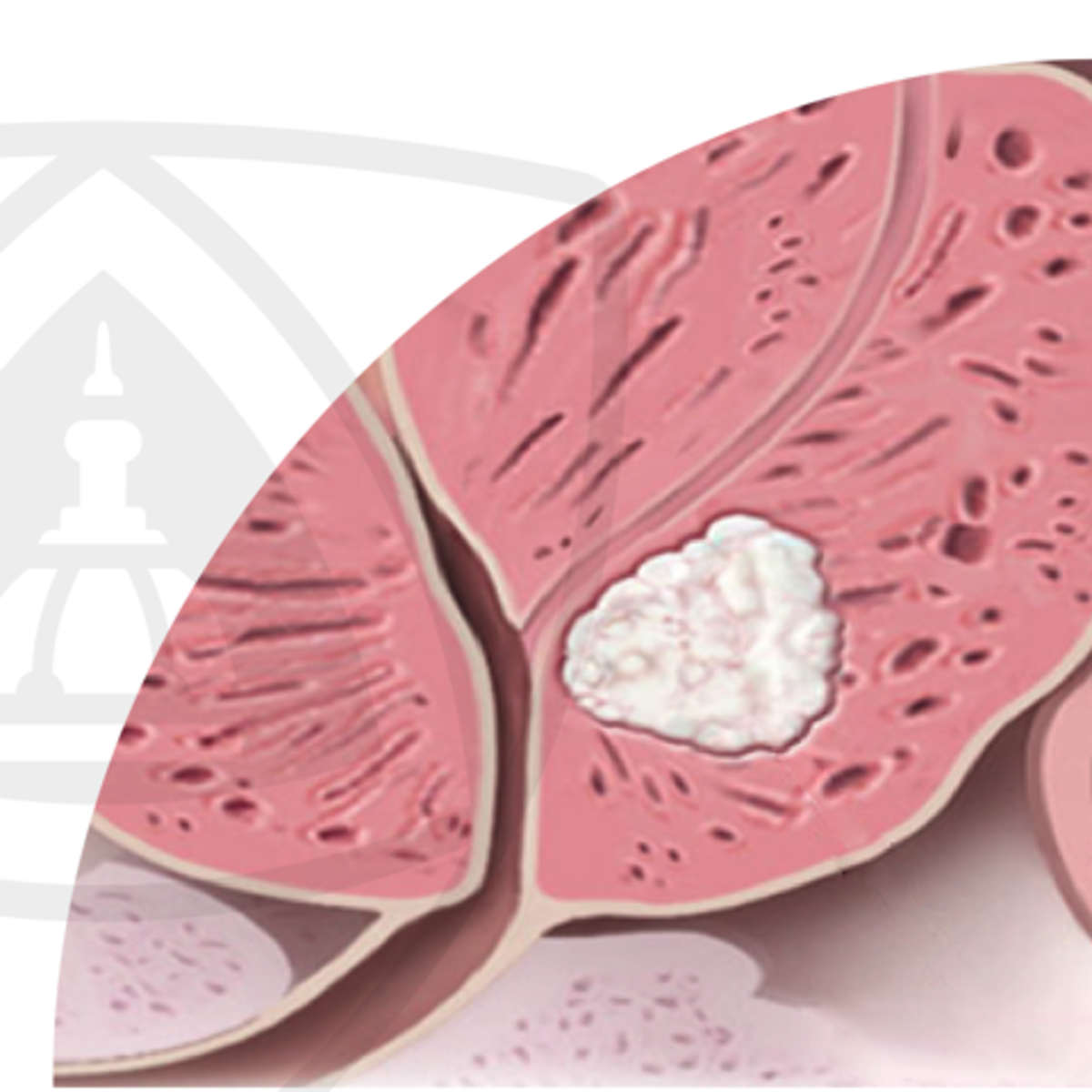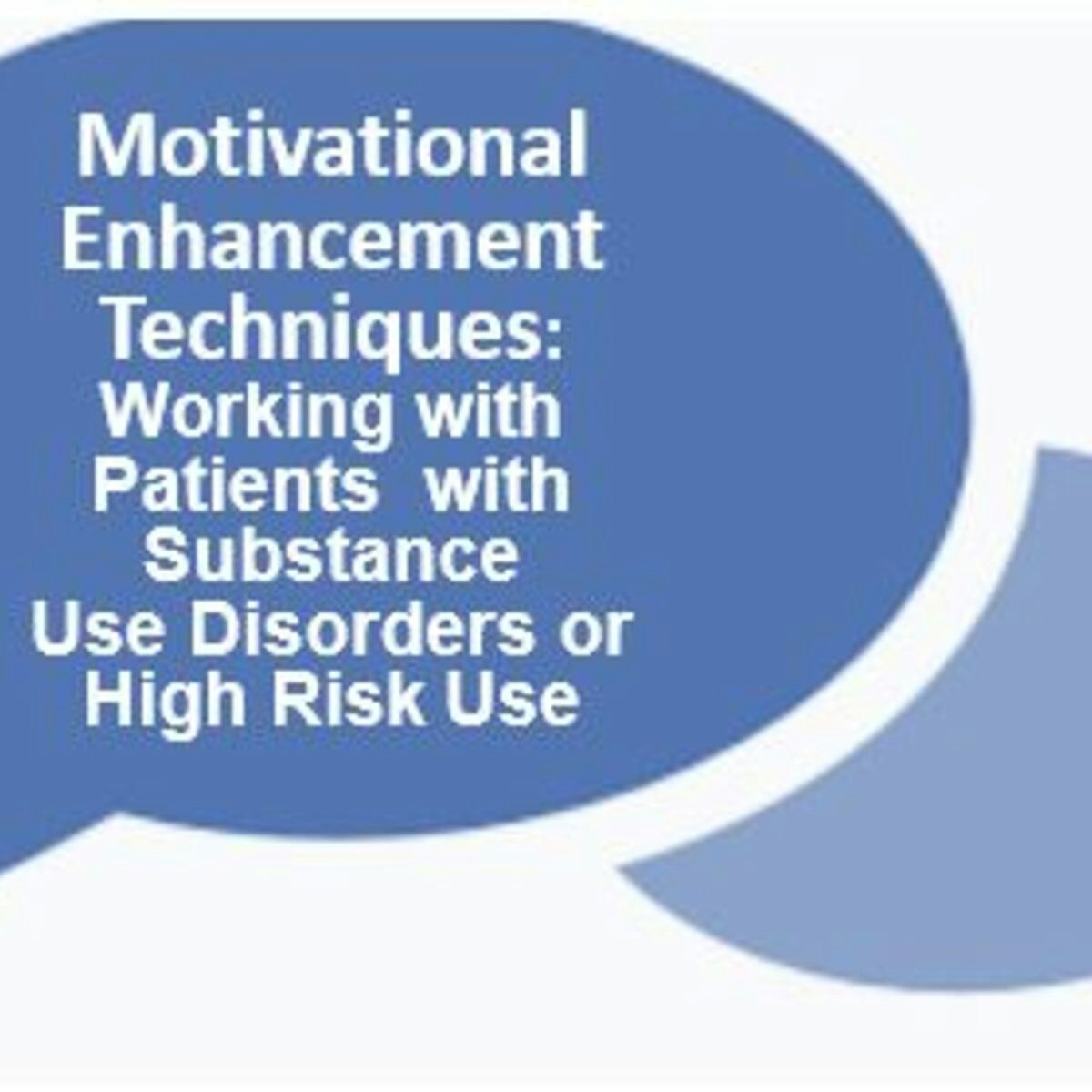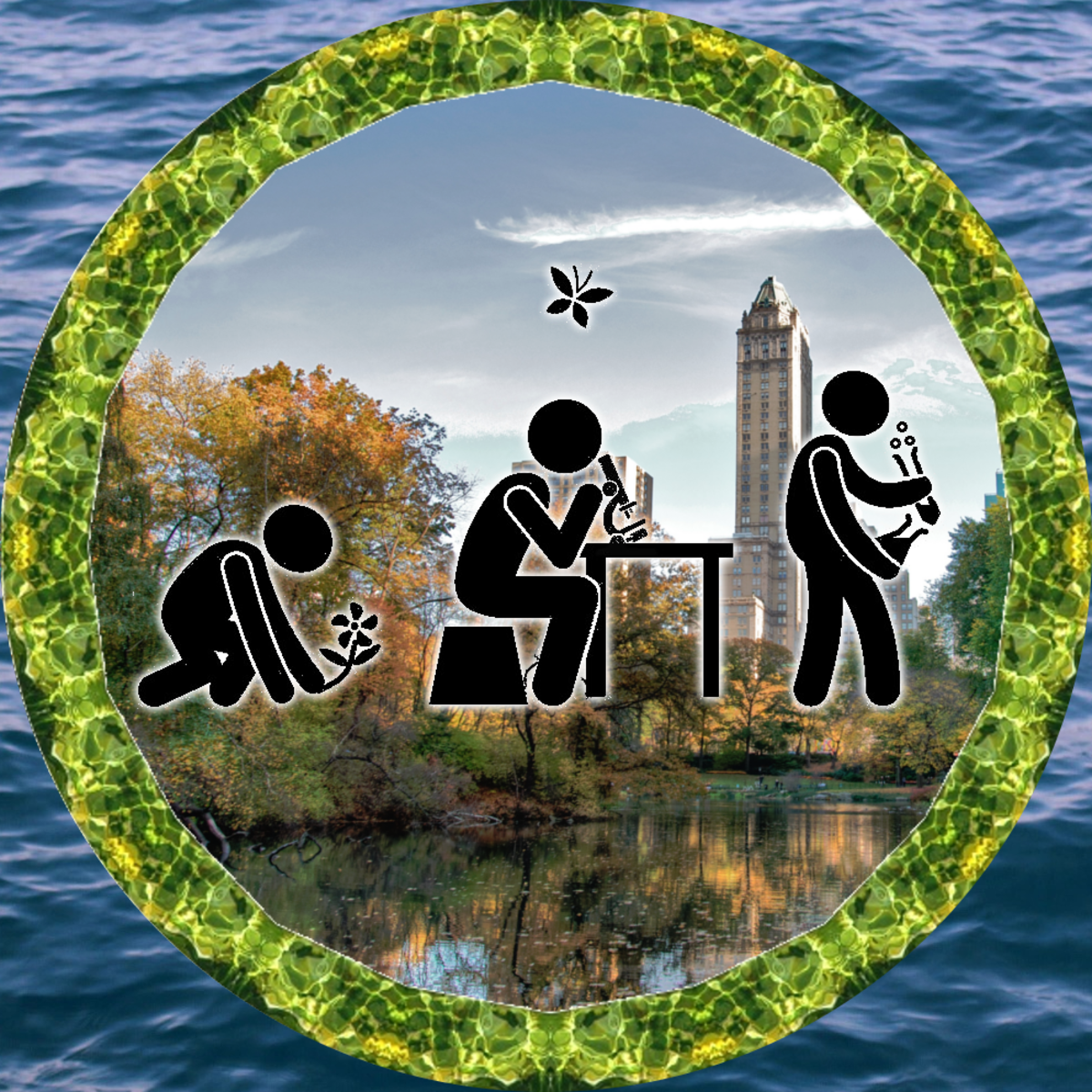Back to Courses









Life Sciences Courses - Page 15
Showing results 141-150 of 644

Myocardial Infarction
Cardiovascular diseases are – according to the (World Health Organization (WHO) – the number one cause of death globally. Myocardial infarction (heart attack) is the most prominent under the Cardiovascular diseases. In Switzerland alone, the risk to develop a coronary heart disease during life time is around 25% for men and 18% for women.
Most cardiovascular diseases can be prevented by addressing behavioral risk factors, the understanding of these risk factors, their mechanisms and impact on the cardiovascular system.
In this context our course aims to approach the complex field of myocardial infarction in two respects: medical education and awareness of a broader audience.

Understanding Prostate Cancer
Welcome to Understanding Prostate Cancer. My name is Ken Pienta, Professor of Urology and Oncology at the Johns Hopkins School of Medicine. I have been studying prostate cancer and treating patients with prostate cancer for over 25 years.
Over 1,000,000 men worldwide and 230,000 men in the United States are diagnosed with prostate cancer every year. Three hundred thousand men worldwide and 30,000 men in the US are dying from prostate cancer every year. As people live longer, the incidence of prostate cancer is rising worldwide and prostate cancer continues to be a major health problem. Thanks to years of dedication and commitment to research we’ve made enormous advances in the treatment of prostate cancer, But there is still a lot of work to be done. In this Understanding Prostate Cancer course, I will provide an introduction to the biology of prostate cancer as well as how it is identified and treated at various stages of the disease.
I've put together this course in order to introduce you to the essentials of prostate cancer.
By the time you finish this course you'll be able to
Define risk factors for prostate cancer
Understand current prostate cancer screening guidelines
Understand prostate cancer staging
Understand treatments for localized prostate cancer
Understand treatments for advanced prostate cancer
Understand treatments to alleviate the symptoms caused by prostate cancer
This Understanding Prostate Cancer Course should be helpful to anyone who wants to develop a deeper understanding of prostate cancer biology and treatment. It should be useful to students who are interested in a deeper understanding of the science of cancer. It should also be helpful to health care providers, data managers, and educators who wish to develop a better understanding of prostate cancer and how it affects individuals. The course is not designed for patients seeking treatment guidance. For those of you who might be thinking about a career in cancer research or patient care, I hope this course will inspire you to pursue that path! The course is divided into five modules organized to facilitate learning.
I'm glad that you decided to join this course. I hope that you will develop a basic understanding of prostate cancer. I hope that it will help you in whatever field you work. If you are a student, I hope that what you learn here will help you begin a career in cancer biology research and contribute to the worldwide effort to save lives.

Data and Health Indicators in Public Health Practice
Epidemiology is often described as the cornerstone science in public health. Epidemiology in public health practice uses study design and analyses to identify causes in an outbreak situation, guides interventions to improve population health, and evaluates programs and policies.
In this course, we'll define the role of the professional epidemiologist as it relates to public health services, functions, and competencies. With that foundation in mind, we'll introduce you to the problem solving methodology and demonstrate how it can be used in a wide variety of settings to identify problems, propose solutions, and evaluate interventions. This methodology depends on the use of reliable data, so we'll take a deep dive into the routine and public health data systems that lie at the heart of epidemiology and then conclude with how you can use that data to calculate measures of disease burden in populations.

Achieving Health Equity in Healthcare
The third and the last course of the Addressing Racial Health Inequity in Healthcare specialization will go through various approaches that are used to addressing racial inequity in healthcare., and the strengths and challenges of those approaches. You will explore legal, policy, and regulatory approaches to interventions such as Title IX in the United States. You will explore what is being done to intervene on providers to reduce differential care. You will unpack quality improvement and multiple approaches to leveraging healthcare systems and community partnerships to address access to care. You will also come to understand the history and role of community health centers in being critical infrastructure in addressing the health needs of diverse populations. Finally, you will be introduced to the workforce initiatives and the reparations that aim to close the racial and ethnic healthcare disparities gaps.

Healthcare Data Security, Privacy, and Compliance
In the final course of the Healthcare IT Support program, we will focus on the types of healthcare data that you need to be aware, complexities of security and privacy within healthcare, and issues related to compliance and reporting. As a health IT support specialist, you’ll be exposed to different types of data sources and data elements that are utilized in healthcare. It’s important for you to understand the basic language of healthcare data and for you to recognize the sensitive nature of protected health information (PHI). Maintaining data privacy and security is everyone’s responsibility, including IT support staff! We’ll go into detail about HIPAA and the risks associated with security breaches, ransomware and phishing. We’ll go into detail about some of the key laws and regulations specific to healthcare and the importance of compliance with them.
You'll leave this course well versed on the Stark Law, the Joint Commission and the purpose of quality measures.
We wrap up the Healthcare IT Support certificate with tips on job interviews, skills that can make you standout, and words of advice on the endless possibilities in this dynamic and growing field. Make sure you talk to others who’ve been there before about the process of being hired at a large health system. Be rest assured that you’ll receive training when you start a new role, and you might even be partnered with someone else for the first few weeks as you get onboarded. Remember, this is not the end--rather, it’s just the beginning of the next step in your journey!

Understanding Plants - Part II: Fundamentals of Plant Biology
This class is aimed at people interested in understanding the basic science of plant biology. In this four lecture series, we'll first learn about the structure-function of plants and of plant cells. Then we'll try to understand how plants grow and develop, making such complex structures as flowers. Once we know how plants grow and develop, we'll then delve into understanding photosynthesis - how plants take carbon dioxide from the air and water from soil, and turn this into oxygen for us to breathe
and sugars for us to eat. In the last lecture we'll learn about the fascinating, important and controversial science behind genetic engineering in agriculture.
If you haven't taken it already, you may also be interested in my other course - What A Plant Knows, which examines how plants see, smell, hear and feel their environment: https://www.coursera.org/learn/plantknows.
In order to receive academic credit for this course you must successfully pass the academic exam on campus. For information on how to register for the academic exam – https://tauonline.tau.ac.il/registration
Additionally, you can apply to certain degrees using the grades you received on the courses. Read more on this here –
https://go.tau.ac.il/b.a/mooc-acceptance
Teachers interested in teaching this course in their class rooms are invited to explore our Academic High school program here – https://tauonline.tau.ac.il/online-highschool

Motivational Enhancement Techniques: Working with Patients with Opioid & Substance Use Disorders or High Risk Use MAT Waiver Training Supplemental Course
WORKING WITH PATIENTS WITH SUBSTANCE USE DISORDERS OR HIGH RISK
This optional online course opportunity is made possible through a joint partnership with University of Virginia School of Medicine (UVASOM) and Nursing (SON) and the American Academy of Addiction Psychiatry (AAAP), DATA 2000 sponsor. This content was created by the AAAP and has been used with permission. The course consists of one 1-hour session for healthcare providers who wish to enhance their effectiveness in treating high-risk patients or those with Substance Use Disorder. Motivational Interviewing has been quite effective in not only treating these clients but many other clients with other chronic illnesses as well. This webinar will discuss Motivational Enhancement Techniques to assist clinicians in treating patients with opioid substance use disorders. The session includes a pre and post self-assessment and one recorded audio session. After completing all components, learners will be directed to complete an evaluation to receive credit.
Estimated time to complete this activity: 1.0 hours
Release date: March 1, 2020
UVA Grant Dates: 09/30/2019 – 09/29/2022
Funding for this initiative was made possible by a grant from SAMHSA. The views expressed in written conference materials or publications and by speakers and moderators do not necessarily reflect the official policies of the Department of Health and Human Services; nor does mention of trade names, commercial practices, or organizations imply endorsement by the U.S. Government.

Evolution Today
In this course you will learn how evolution works. You will develop an understanding of evolutionary processes and their formative power. You will see how evolution has shaped biodiversity, and continuously influences our daily life. Evolution impacts human endeavors as varied as medicine, agriculture, psychology, economy, and culture. It is the major unifying principle for biology and a fundamental natural law. In five weeks we will make evolution accessible for you and help you to recognize evolutionary processes around you, in nature as well as in society. We make use of the unique collection of Naturalis, the natural history museum in Leiden, but also take you to the field. Using classical and up-to-date examples, we will show you how scientists address evolutionary questions. In the last module, we will have a look at the future. How will humans evolve? And how do we influence our own evolution and that of other organisms?
This course is aimed at anybody with a drive to obtain a deeper, broader, and pragmatic understanding of evolution, including high-school students, BSc (undergraduate) biology students, MSc (graduate) students from other disciplines, medical professionals, conservation officers and educators in museums, libraries, national parks, and schools.

Nutrition and Lifestyle in Pregnancy
Nutrition and Lifestyle in Pregnancy offers an overview of the latest research findings and international recommendations on a variety of nutrition-related aspects and outcomes of pregnancy. Ensuring a healthy nutritional status and lifestyle prior to and during pregnancy is one of the best ways to help support the healthy growth and development of the unborn child. We will look at how a healthy diet and lifestyle should ideally be achieved prior to conception and provide recommendations for pre-conception counselling of women.
We will also look at the nutritient recommendations for a healthy pregnancy to ensure optimal maternal and fetal outcomes as well as focus on the most common nutrition-related pregnancy complications; obesity and gestational diabetes.
The learner will have the opportunity to delve into the cutting-edge world of epigenetic and metabolomic research and appreciate the enormous role that these programming effects have in long-term health and disease outcomes.
Finally, we offer real life, everyday situations and questions from pregnant women to aid healthcare professionals in the nutrition-based counselling of pregnant women and their families.
In addition to the English original, subtitles in Portugese language are available now!

An Introduction to Consumer Neuroscience & Neuromarketing
How do we make decisions as consumers? What do we pay attention to, and how do our initial responses predict our final choices? To what extent are these processes unconscious and cannot be reflected in overt reports? This course will provide you with an introduction to some of the most basic methods in the emerging fields of consumer neuroscience and neuromarketing. You will learn about the methods employed and what they mean. You will learn about the basic brain mechanisms in consumer choice, and how to stay updated on these topics. The course will give an overview of the current and future uses of neuroscience in business.
Popular Internships and Jobs by Categories
Find Jobs & Internships
Browse
© 2024 BoostGrad | All rights reserved